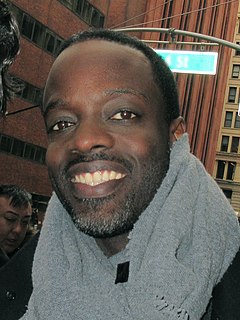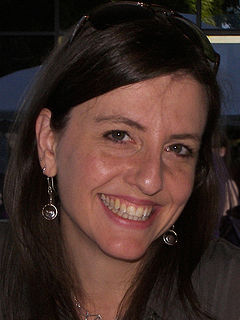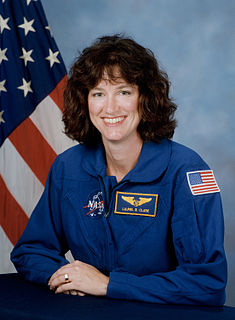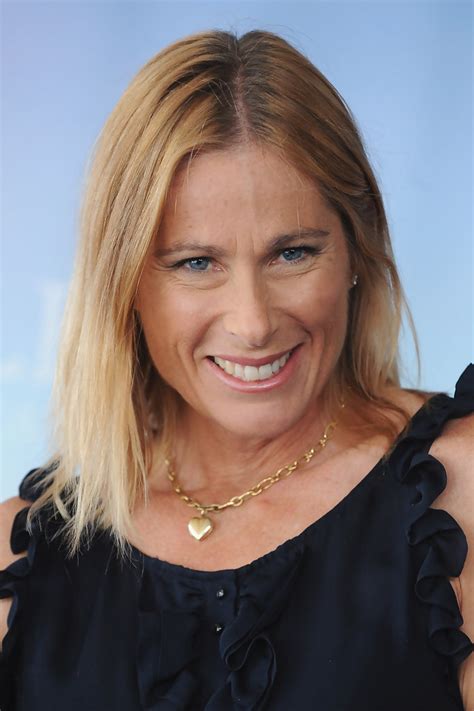A Quote by Ian Gillan
I've done a lot of research on science and theology to try and get a better understanding of what happens to the human soul or what potential it has.
Related Quotes
Research is an expression of faith in the possibility of progress. The drive that leads scholars to study a topic has to include the belief that new things can be discovered, that newer can be better, and that greater depth of understanding is achievable. Research, especially academic research, is a form of optimism about the human condition.
Theology differs from science in many respects, because of its different subject matter, a personal God who cannot be put to the test in the way that the impersonal physical world can be subjected to experimental enquiry. Yet science and theology have this in common, that each can be, and should be defended as being investigations of what is, the search for increasing verisimilitude in our understanding of reality.
I see it in a lot of period pieces where everybody is standing and talking, in a stilted, archaic way, instead of being loose in the world. So, I try to do a little bit of research, just so that I can feel like I'm grounded, but then I try to bring as much of my human understanding that I can, under the filter of it being 1865.
This example illustrates the differences in the effects which may be produced by research in pure or applied science. A research on the lines of applied science would doubtless have led to improvement and development of the older methods - the research in pure science has given us an entirely new and much more powerful method. In fact, research in applied science leads to reforms, research in pure science leads to revolutions, and revolutions, whether political or industrial, are exceedingly profitable things if you are on the winning side.
Understanding human nature must be the basis of any real improvement in human life. Science has done wonders in mastering the laws of the physical world, but our own nature is much less understood, as yet, than the nature of stars and electrons. When science learns to understand human nature, it will be able to bring a happiness into our lives which machines and the physical sciences have failed to create.
The essence of science is that it is always willing to abandon a given idea, however fundamental it may seem to be, for a better one; the essence of theology is that it holds its truths to be eternal and immutable. To be sure, theology is always yielding a little to the progress of knowledge, and only a Holy Roller in the mountains of Tennessee would dare to preach today what the popes preached in the Thirteenth Century, but this yielding is always done grudgingly, and thus lingers a good while behind the event.




































